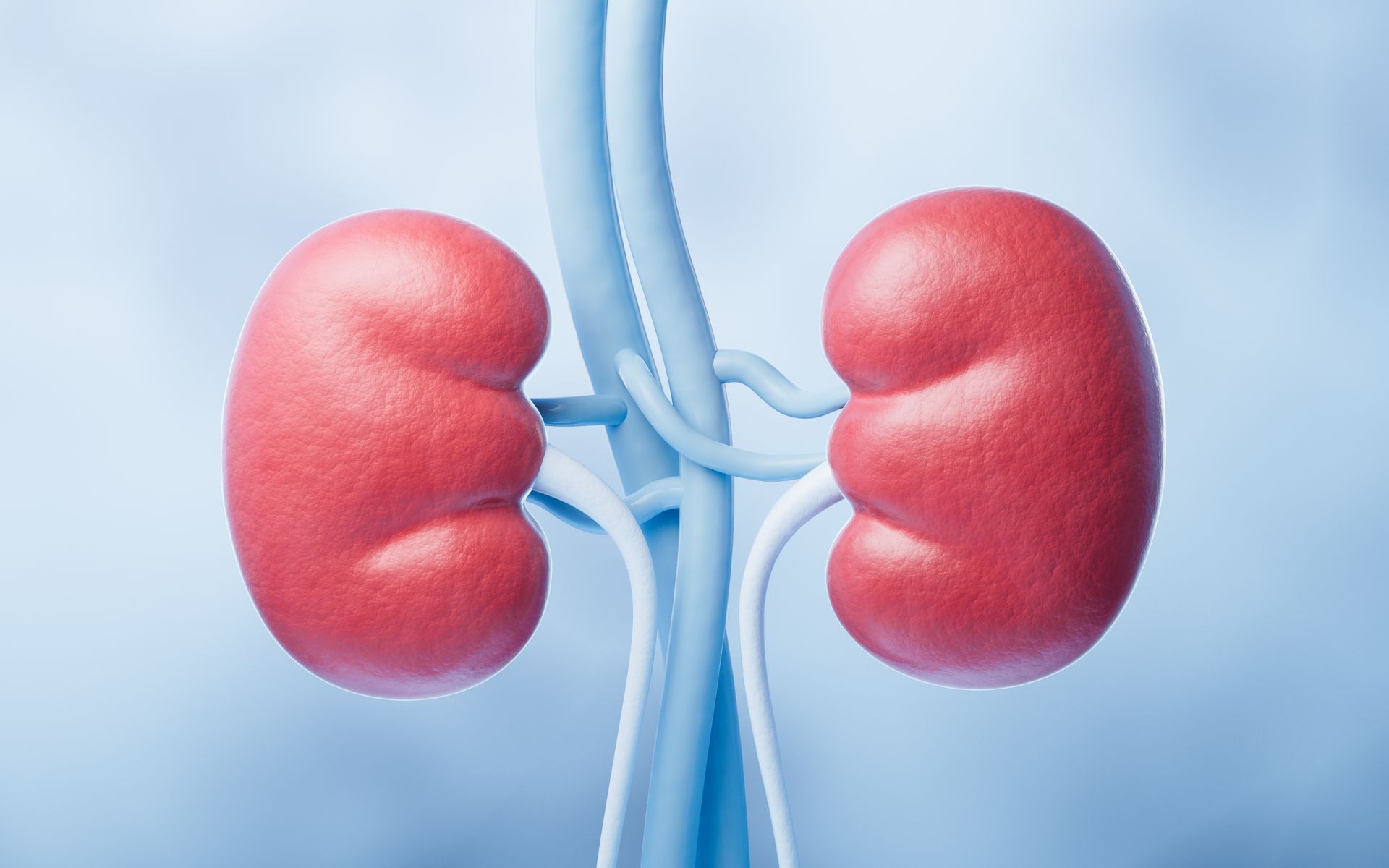Do weight loss injections work? The evidence explained simply
Do weight loss injections work? Discover the science behind Wegovy, Mounjaro and other GLP-1 drugs.

There's a lot of excitement around weight loss injections at the moment. Perhaps that excitement fills you with confidence. Or maybe it leaves you feeling sceptical.
Many people hear about treatments like Wegovy and Mounjaro through news headlines or friends' success stories and want to know if the results are real.
So, do weight loss injections work? The short answer is yes. When used in the right way and prescribed by a medical professional, these injections can help you safely lose a significant amount of weight.
But don't just take our word for it. Join us as we delve into the science behind weight loss injections and how they work.
What we mean by 'weight loss injections'
Today's most talked-about weight loss injections are a group of medicines called 'GLP-1 receptor agonists'. The most widely prescribed are:
- Semaglutide, which is sold as Wegovy for weight loss and Ozempic for treating type 2 diabetes.
- Tirzepatide, which is sold as
Mounjaro.
How do weight loss injections work?
GLP-1 medications mimic a hormone we all produce after eating. This hormone:
- Tells our brains we're full after eating and that we don't need more food at the moment
- Slows how quickly the stomach empties, so you feel satisfied for longer
- Helps the pancreas release insulin in a steadier way to manage blood sugar effectively
The result? People naturally eat less without having to constantly battle with willpower. You still need to follow a balanced diet, but many users say it becomes easier to make healthier choices and stick to them.
How researchers test these drugs
Before drugs like Wegovy or Mounjaro can be approved for use, they must go through a series of carefully designed clinical trials.
For these trials, researchers used a double-blind, randomised controlled design, often described as the 'gold standard' of medical evidence. These studies are far more rigorous than your standard before-and-after comparisons.
Here's what that means in practice.
Random assignment
Thousands of volunteers are recruited and randomly divided into two groups. One group receives the weight loss medicine while the other receives a placebo – an injection that looks identical but contains no active drug.
Randomisation makes sure the groups are comparable. In other words, it means any difference in weight loss can't be attributed to chance or factors like age, activity level or starting weight.
Double blinding
Neither the participants nor the clinicians know who is getting the real medicine until the end of the trial. This prevents expectations from influencing the results. It means people won't change their behaviour because they think they're on the active treatment or the placebo. It also means doctors can't unconsciously give one group more attention or encouragement.
Lifestyle guidance for everyone
Both groups receive the same healthy eating and exercise advice. That way, if the medicated group consistently loses more weight, researchers can be confident the medication itself is responsible for the extra weight loss.
Careful monitoring
Over many months – often more than a year – participants have regular check-ups. Doctors track weight, blood pressure, blood sugar and other key health markers, while taking note of any side effects. These visits also give researchers a chance to adjust doses gradually and watch for rare reactions like pancreatitis.
Data analysis
Only after the trial ends do scientists 'unblind' the data to see who received the medicine and who received a placebo. Statistical analysis then shows whether the weight loss difference is large and consistent enough to be considered real rather than a fluke.
What the trials show
The results of Wegovy's major weight loss trial were published in The New England Journal of Medicine in 2021. Mounjaro's results were published in the same journal in 2022.
Both were impressive. Here's what researchers learned:
- Wegovy: adults taking weekly semaglutide lost about 15% of their body weight on average over 68 weeks, compared with about 2% to 3% in the placebo group.
- Mounjaro: participants lost around 21% of their body weight after 72 weeks, again with lifestyle support alongside the injections.
Note that these are averages. Some participants lost more, some less – but the difference compared with lifestyle changes alone was clear.
The bottom line
As you can see, Mounjaro and Wegovy – like all medications – had to go through extremely thorough checks before they were approved. In fact, these were phase III trials – the final phase before a drug can be approved for public use. Researchers put Wegovy and Mounjaro through even more checks in phases I and II.
The trials removed as many sources of bias as possible. That means we can be sure that the injections themselves – rather than lifestyle changes alone – drove the significant weight loss seen in participants.
Why lifestyle changes still matter
Even with a powerful medication, long-term success depends on healthy habits. The phase III clinical trials combined injections with:
- A reduced-calorie diet focused on nutrient-dense foods
- Regular physical activity
- Behavioural support to build sustainable routines
The drugs help by lowering appetite and making these changes feel manageable, but it is not a substitute for them.
How SemaPen can help
At SemaPen, weight loss is never a one-size-fits-all plan. We combine access to proven GLP-1 drugs with ongoing clinical care. That's so you feel supported from your first consultation through each weekly injection.
Here's a taste of the support we provide on our weight loss Programmes:
- Private access to trusted medications: if you're eligible, our UK-registered prescribers can provide Wegovy or Mounjaro as part of our comprehensive weight loss Programmes.
- Personal medical supervision: our clinicians track progress and adjust your dose when needed, checking in on you regularly to keep you safe and on course.
- Lifestyle guidance that fits real life: our coaching and exclusive content help you build habits you can actually maintain – not just quick fixes.
- Digital tools for motivation: a connected smart scale and simple progress tracking give you clear feedback, so you can see results and stay motivated.
Are you ready to take the next steps in your weight loss journey? Our team of obesity experts is here to help.
To get started, simply
take our online consultation. We'll let you know right away if you're eligible for treatment.
Sources
1. Wilding, J.P.H. et al. (2021) "Once-weekly semaglutide in adults with overweight or obesity" The New England Journal of Medicine, 384(11) https://doi.org/10.1056/NEJMoa2032183
2. Jastreboff, A.M. et al. (2022) "Tirzepatide Once Weekly for the Treatment of Obesity" The New England Journal of Medicine, 387(3) https://doi.org/10.1056/NEJMoa2206038
This article was reviewed and approved by Alice Fletcher, Lead Bariatric Dietitian, on 29 September 2025.
- Average 15–21% weight loss
- Trusted programmes built by UK experts
- Personalised advice and support
- Smart weight loss app to track progress and learn positive habits
Your journey starts in the app
Unlock tailored support, weight tracking and more.
1
Download the free app
2
Take your digital consultation
3
Start your programme












